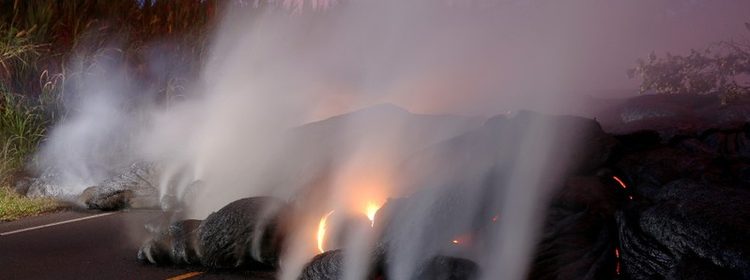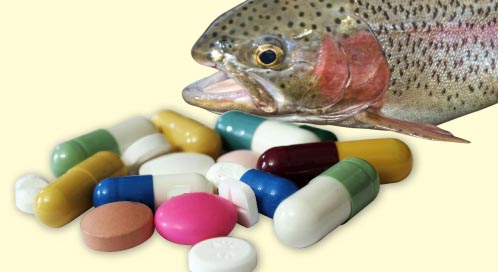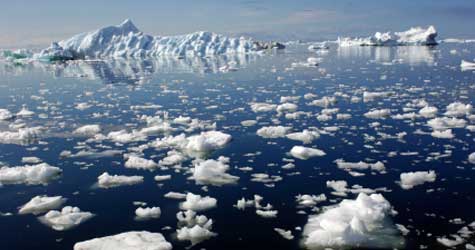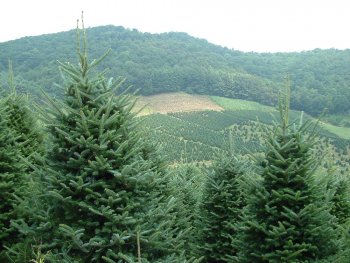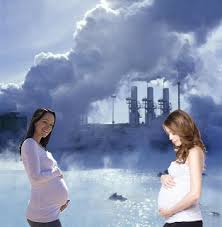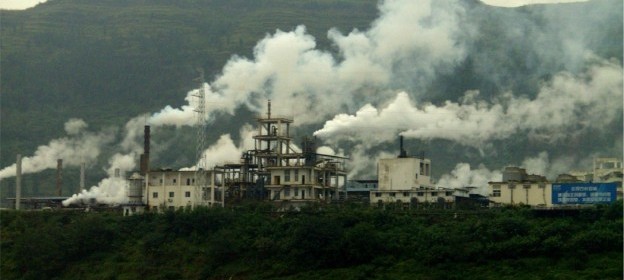Acknowledging Beijing’s Pollution
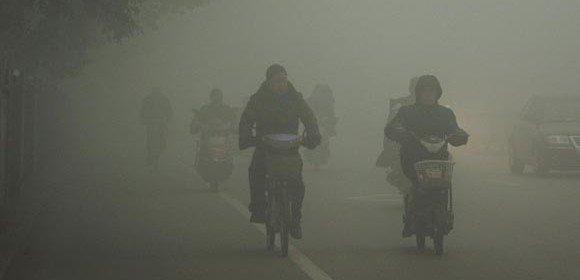
The smog which suffocates Beijing has gotten so bad that the Chinese media has concluded that something must be done. Poor visibility has led to canceled flights and highway closings. The level of particulates in the air topped 35 times the World Health Organization’s safety limit. China’s new leaders “appear to be sending a signal that they want to allow […]
Read more

